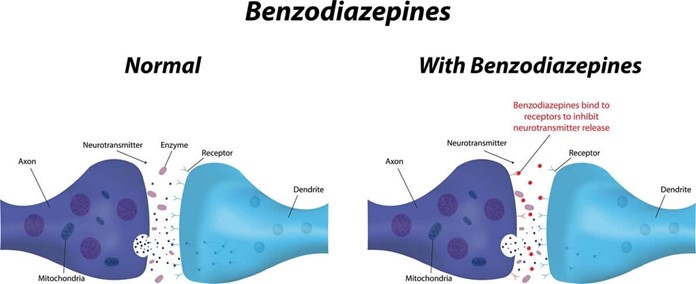A medication is described as having teratogenic side effects. The nurse understands that teratogenic is defined as which of the following?
A medication that causes harm to a fetus.
A medication that causes kidney damage.
A medication that acts in the opposite manner than expected.
A medication that causes an additive effect.
The Correct Answer is A
Teratogenic refers to an agent or factor that causes malformation of an embryo ¹. It is something that can interfere with normal fetal development and cause congenital disabilities ³. Drugs, alcohol, chemicals, and toxic substances are examples of teratogens ³.
Option B is not correct because teratogenic specifically refers to harm caused to a fetus, not kidney damage.
Option C is not correct because teratogenic does not refer to a medication acting in the opposite manner than expected.
Option D is not correct because teratogenic does not refer to a medication causing an additive effect.

Nursing Test Bank
Naxlex Comprehensive Predictor Exams
Related Questions
Correct Answer is B
Explanation
Risperidone is an atypical antipsychotic medication used to treat schizophrenia ¹. It works by changing the activity of certain natural substances in the brain ¹. A therapeutic outcome for this medication would be a decrease in symptoms of schizophrenia such as delusional thinking and audiovisual hallucinations ¹.
Option A is not correct because orthostatic hypotension and sedation are side effects of risperidone, not therapeutic outcomes ¹.
Option C is not correct because restful sleep and increased coping abilities are not specific therapeutic outcomes for risperidone in the treatment of schizophrenia.
Option D is not correct because decreased anxiety and improved dietary habits are not specific therapeutic outcomes for risperidone in the treatment of schizophrenia.

Correct Answer is C
Explanation
Benzodiazepines are medications that work in the central nervous system and are used for a variety of medical conditions such as anxiety, seizures, and alcohol withdrawal ². They work by blocking excessive activity of nerves in the brain and other areas in the central nervous system ². While benzodiazepines can be effective in treating these conditions, they are not a cure and should be used as part of a comprehensive treatment plan that may include counseling or other forms of therapy ¹.
Option A is not correct because benzodiazepines do not require frequent blood counts to avoid adverse effects.
Option B is not correct because the decision to stop a medication should be made by a healthcare provider based on an individual's response to treatment.
Option D is not correct because benzodiazepines are not intended for long-term use and should be used for the shortest possible time to achieve therapeutic goals ².

Whether you are a student looking to ace your exams or a practicing nurse seeking to enhance your expertise , our nursing education contents will empower you with the confidence and competence to make a difference in the lives of patients and become a respected leader in the healthcare field.
Visit Naxlex, invest in your future and unlock endless possibilities with our unparalleled nursing education contents today
Report Wrong Answer on the Current Question
Do you disagree with the answer? If yes, what is your expected answer? Explain.
Kindly be descriptive with the issue you are facing.
